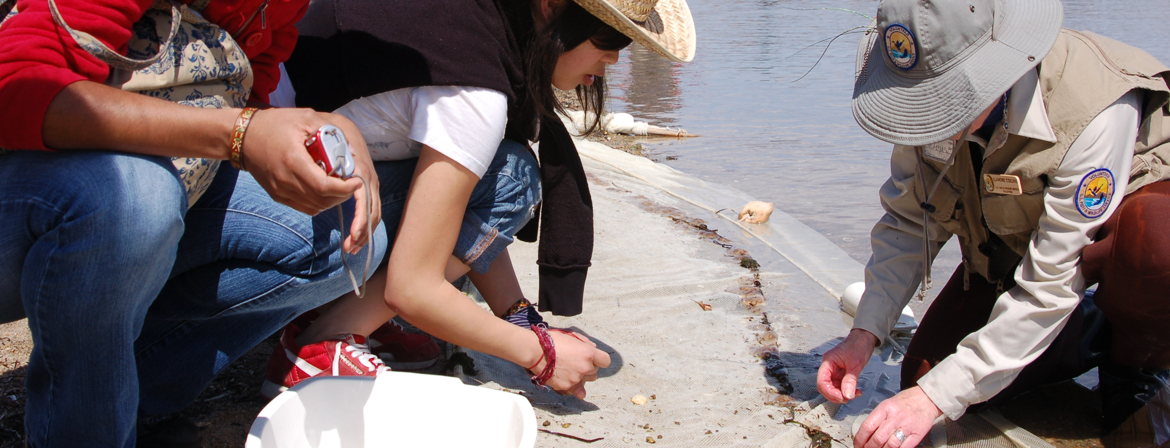Promoting Source Reduction Behavior: The Role of Motivational Information
De Young, R., Duncan, A., Frank, J., Gill, N., Rothman, S., Shenot, J., Shotkin, A. & Zweizig, M. (1993). Promoting source reduction behavior: The role of motivational information. Environment and Behavior, 25, 1, 70-85.
Litter Reduction: A Review and Integration of the Literature. Special Issue: Litter Control and Recycling
Huffman, K. T., Grossnickle, W. F., Cope, J. G., & Huffman, K. P. (1995). Litter reduction: A review and integration of the literature. Special Issue: Litter control and recycling. Environment and Behavior, 27, 2, 153-183.
Fear-Arousing and Empathy-Arousing Appeals to Help: The Pathos of Persuasion
Shelton, M. L., & Rogers, R. W. (1981). Fear-arousing and empathy-arousing appeals to help: The pathos of persuasion.. Journal of Applied Social Psychology, 11, 4, 366-378.
The Strength of Weak and Strong Communication Ties in a Community Information Program
Weenig, M. W. H. (1993). The strength of weak and strong communication ties in a community information program. Journal of Applied Social Psychology, 23, 20, 1712-1731.
Social Psychology and the Stimulation of Recycling Behaviors: The Block Leader Approach
Burn, S. M. (1991). Social psychology and the stimulation of recycling behaviors: The block leader approach. Journal of Applied Social Psychology, 21, 8, 611-629.
Increasing Community Recycling with Persuasive Communication and Public Commitment
Burn, S. M., & Oskamp, S. (1986). Increasing community recycling with persuasive communication and public commitment. Journal of Applied Social Psychology, 16, 1, 29-41.
It Takes More than Information to Save Energy
Geller, E. S. (1992). It takes more than information to save energy. American Psychologist, 47, 6, 814-815.
Facing the Greenhouse Effect: Communication about Energy in Germany
Henschel, C. & Wiedemann, P. M. (1993). Facing the greenhouse effect: Communication about energy in Germany. Technology in Society, 15, 301-310.
Reducing Energy Consumption: The Long-Term Effects of a Single TV Program
Winett, R. A., Leckliter, I. N., Chinn, D. E., & Stahl, B. (1984). Reducing energy consumption: The long-term effects of a single TV program. Journal of Communication, 34, 3, 37-51.
Use of Newsletters to Promote Environmental Political Action: An Experimental Analysis
Schroeder, S., Hovell, M., Kolody, B., & Elder, J. (2004). Use of newsletters to promote environmental political action: An experimental analysis. Journal of Applied Behavior Analysis, 37(3), 427-429.



